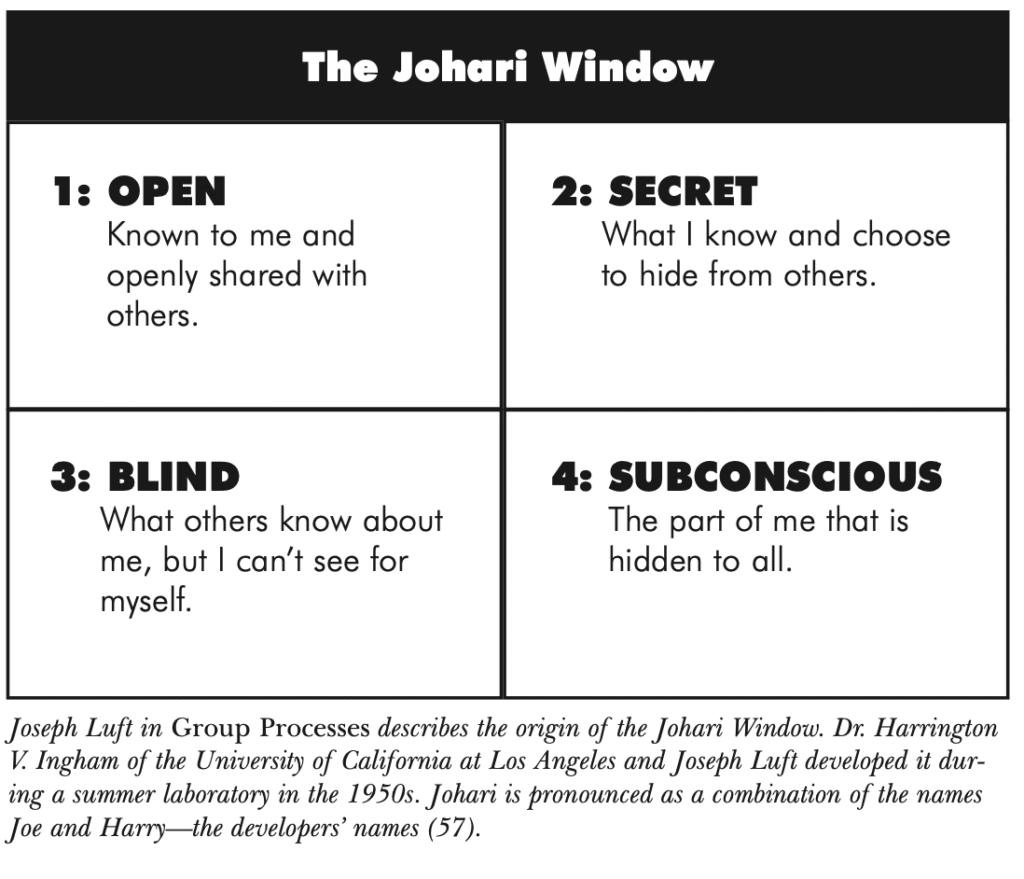Do my feelings matter? Am I too defensive?
We’re continuing our series on how to respond if we have a loved one who is addicted. It is based on our Ready Now Recovery group course called Concerned Persons. You can sign up for this course here.
Feelings are real
One of the very real dangers we face as concerned persons are that we get good at hiding our own, very real feelings. We might get good at repressing them, for the sake of not “rocking the boat.” “My loved one is causing enough trouble. I don’t need to have anyone focus on me!” So, instinctively, we force down any of our own feelings, so that we can run after and chase after the next trouble our loved one is causing. Inevitably, we grow numb to our own needs, and how we ourselves are doing.
Our feelings are a legitimate creation of God and are a great warning system for what might be wrong in our lives. Therefore, ignoring them or making them numb disables this warning system.
Feelings like anger, hurt, regret, desperation, embarrassment, etc., are all legitimate responses to the deep crisis we may be walking through.
Am I too defensive?
Another danger to covering up feelings is becoming defensive.
We use all sorts of defenses to cover up our feelings. We are often blind to the defensiveness we have built up. The sad result is that we distance ourselves from those who actually want to help us.
We blame others for our crisis.
We rationalize our bitterness or unhealthy attitudes.
We fake a smile so that someone won’t see what’s really going on.
The Johari Window

The Johari Window is an excellent example of how we can either be aware of, cover-up or even be completely unaware of ourselves. Numbing our feelings and becoming defensive can often bring us to a place of “Blind Self”. Others know there is a problem, but we are living in ignorance because we have lived in this pain for so long.
We need to return to a pace of honesty and acknowledge how we are feeling so that we can truly begin a journey of our own healing.
Remember, our loved ones may not be on a good path, but that does not mean we have to self-destruct as we struggle to convince them to get the help they need!
“I” messages, “you” messages
The Concerned Persons manual gives an excellent reference and guidance for how to best express and channel our emotions. We often want to unload our frustrated emotions on a loved one because of all the trouble they are causing.
We might say:
“Why do you drink all the time? I’m sick of it!”
“You’re high again! I can’t believe how selfish you are!”
Those are called “you messages”. We express ourselves through an accusation lens. We unleash our emotions through what they are doing. Rarely do “you messages” work. For the most part, they tend to further build a wall between us and the loved one in trouble.
“I messages”, on the other hand, communicate taking ownership of what the situation is doing to us.
“I’m feeling very tired and hurt because of your drinking. I’m not sure what I can do.”
“When you use drugs and get high, I feel afraid for my safety because I don’t know how you will respond.”
In contrast, the “I message” will potentially get a more thoughtful and reflective response from the other person. They will feel less defensive, as they consider your feelings as a result of their poor decisions.
Jesus knows how we feel
Hebrews 4:14-16
So then, since we have a great High Priest who has entered heaven, Jesus the Son of God, let us hold firmly to what we believe. 15 This High Priest of ours understands our weaknesses, for he faced all of the same testings we do, yet he did not sin. 16 So let us come boldly to the throne of our gracious God. There we will receive his mercy, and we will find grace to help us when we need it most.
As you walk along your difficult journey, know you are not alone. Jesus has endured many of the hurt and trouble you have gone through and is offering peace and wisdom for this painful season you are in.
Let us know how we can pray for you!




































